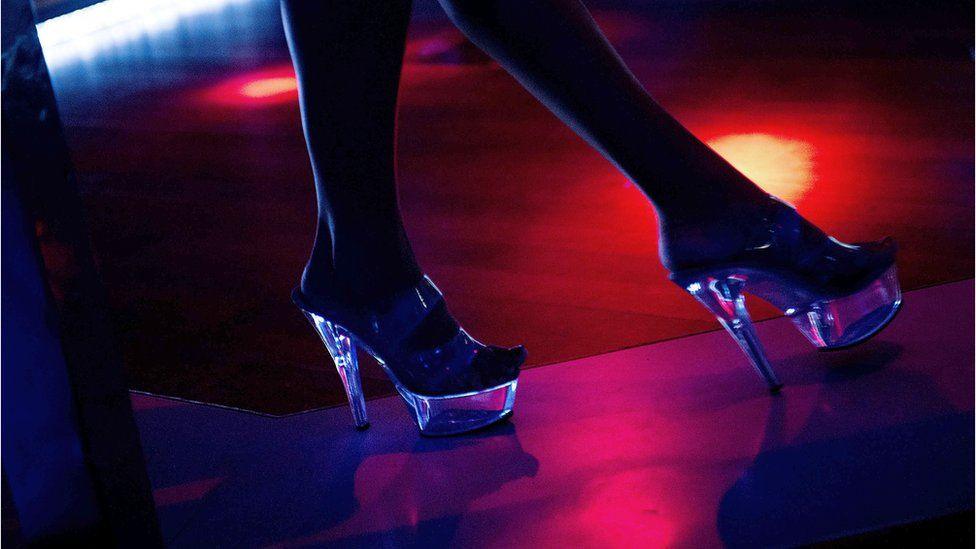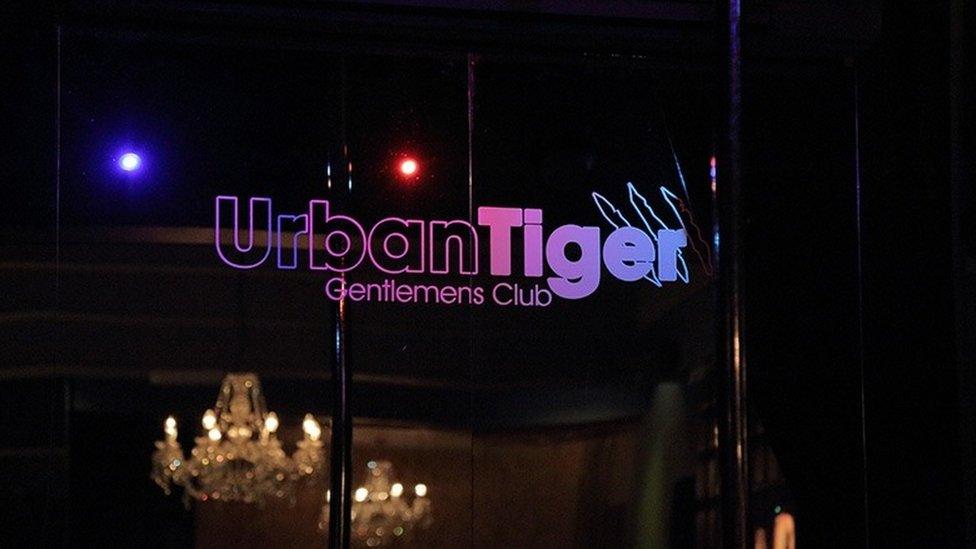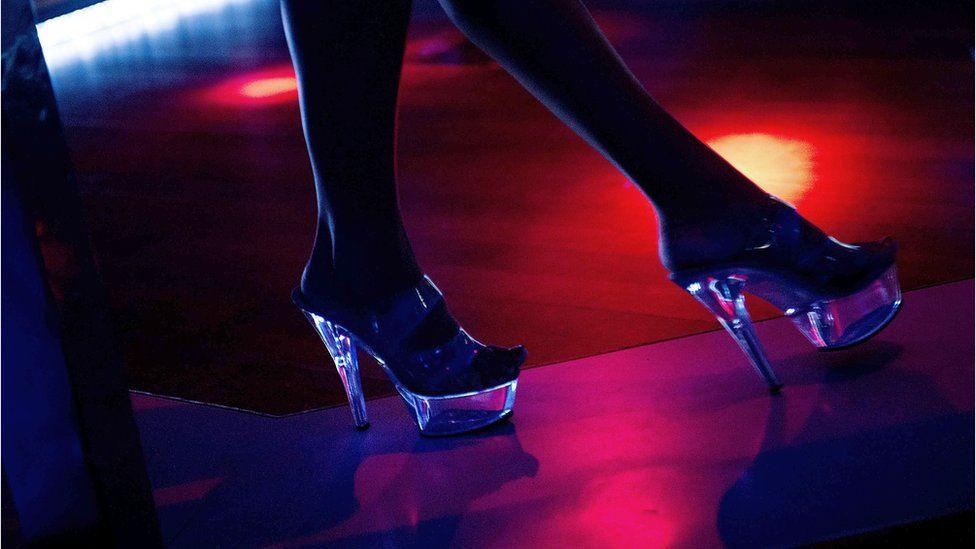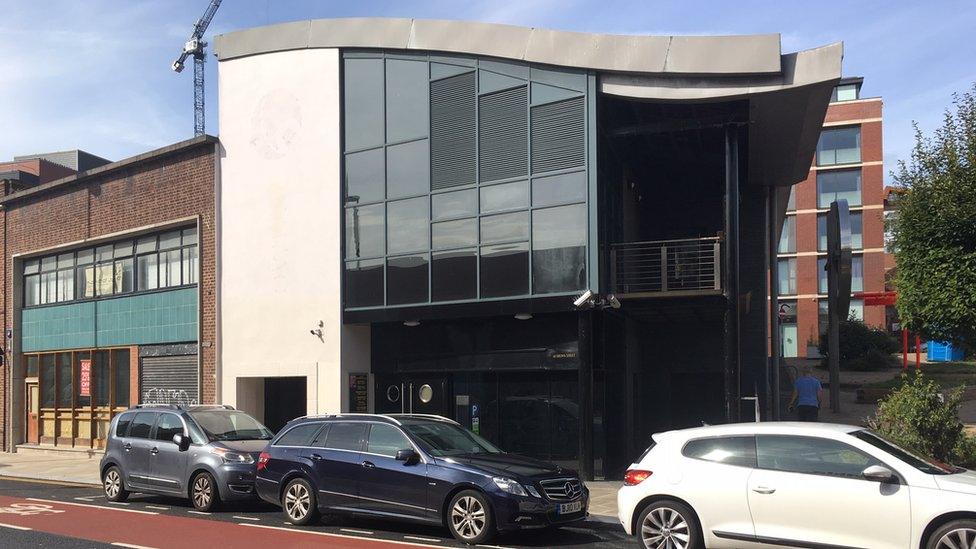Views sought on Bristol strip club ban
- Published

A proposal to ban strip clubs in Bristol will go out to public consultation after councillors narrowly agreed the plan.
Bristol City Council has agreed to conduct a 12-week consultation on the proposed ban, although no date has yet been given for the exercise.
There are two sexual entertainment venues (SEVs) in the city centre - Urban Tiger and Central Chambers.
Strip clubs are legal but it is up to individual councils to grant licences.
The council's licensing committee voted seven to six in favour of the policy going out to consultation, with one abstention.
Those in favour said they were worried about women being exploited but opponents said there was little evidence of that.
Equality campaigners Bristol Women's Voice wrote to the committee to say that it was its "clear view that women stand no chance of gaining equality with men while the council continues to licence sexism."

One dancer said banning venues like Urban Tiger would drive the industry underground
Last week Kayleigh Hide, 33, a lap-dancer at the clubs from 2017 to 2020, said any ban would be "irresponsible" and would "drive the industry underground".
Pole-dancers said they were feminists and had the right to choose how they earned a living when Urban Tiger and Central Chambers' licences were renewed in 2019.
But they were opposed by Bristol's mayor, Marvin Rees, and Avon & Somerset Police and Crime Commissioner, Sue Mountstevens, according to the Local Democracy Reporting Service (LDRS).
A lap-dancer told the LDRS last week that they could earn hundreds of pounds a night from working at the clubs.

Follow BBC West on Facebook, external, Twitter, external and Instagram, external. Send your story ideas to: bristol@bbc.co.uk , external
Related topics
- Published1 March 2021

- Published13 October 2020
